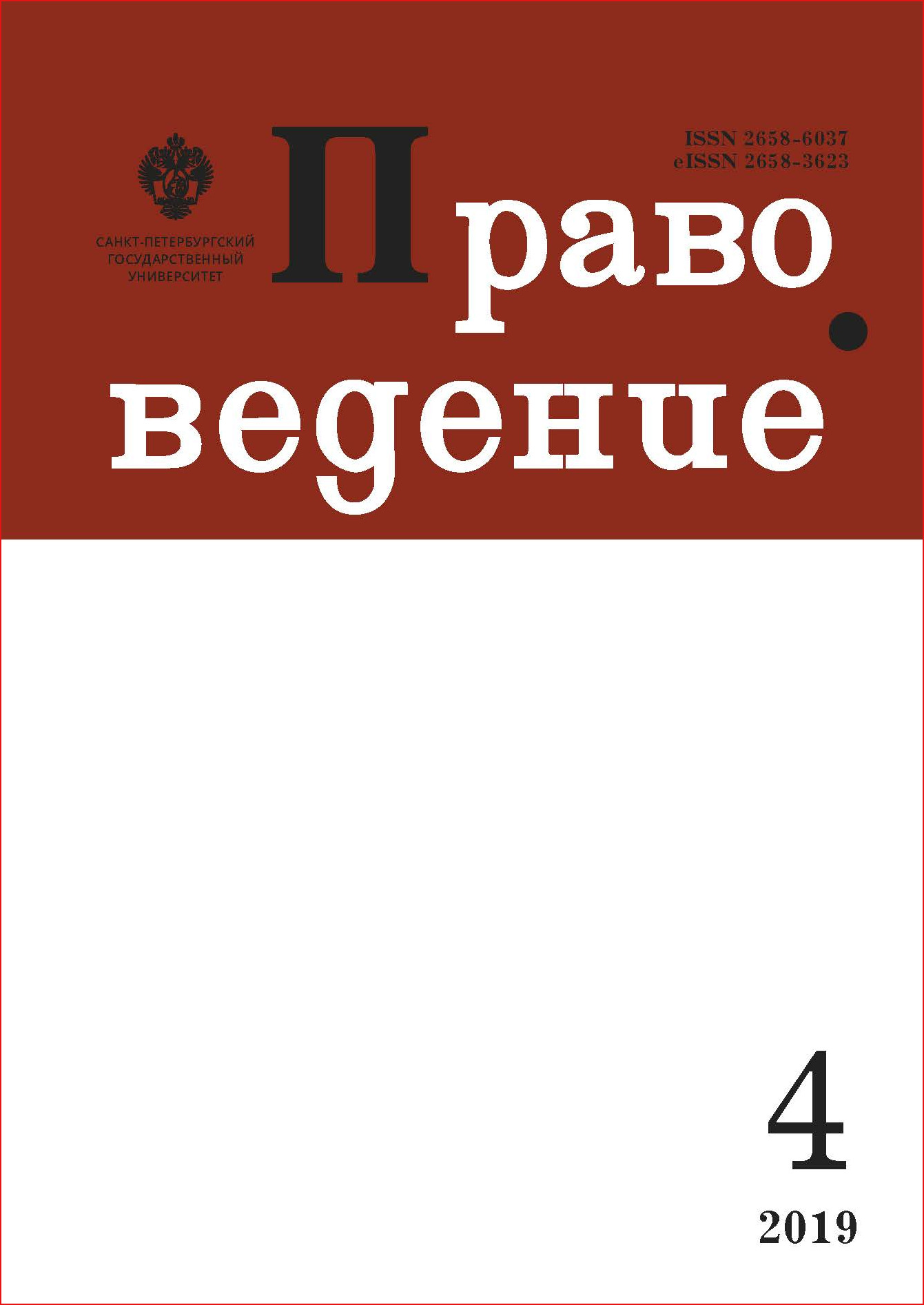Цифровая экономика и антимонопольное право: единство и борьба противоположностей
DOI:
https://doi.org/10.21638/spbu25.2019.401Аннотация
Цифровая экономика стала новой вехой в развитии человечества, но вместе с безусловными выгодами от цифровизации и глобализации мировой экономики она принесла и невиданный со времен технологической революции рубежа XIX–XX вв. рост концентрации рыночной власти в руках небольшой группы цифровых монополий и стремительный рост глобального неравенства, создающего системные перекосы в развитии общества. По мнению ряда экспертов, вероятным следствием таких дисбалансов развития может стать долгосрочная нестабильность, влекущая фундаментальные риски для существования капиталистической системы. Антимонопольное право уже сыграло позитивную роль в преодолении подобных вызовов развития капиталистической системы во время технологического перехода конца XIX — первой половины XX в., позволив США и ряду других стран Запада пройти прошлую масштабную промышленную революцию менее болезненно, чем те страны, включая Россию, которые пережили демонтаж капиталистической системы, не выдержав нагрузок ускоренного развития. В статье анализируются причины, не позволившие антимонопольному праву сыграть похожую балансирующую роль в ходе нынешней промышленной революции, а также предлагаются возможные меры по совершенствованию подходов к антимонопольному регулированию рынков цифровой экономики. В числе наиболее перспективных направлений по созданию действенных механизмов сдержек и противовесов для растущей рыночной власти глобальных цифровых платформ рассматриваются зарождающиеся форматы антимонопольной кооперации в рамках региональных объединений развивающихся стран, прежде всего на площадке БРИКС. Сотрудничество между странами БРИКС в антимонопольной сфере может стать серьезным фактором и для формирования международного режима защиты конкуренции на глобальных рынках, отсутствующего в настоящее время. Более того, с учетом особенностей позиционирования стран БРИКС в миросистеме такая кооперация позволяет создать режим регулирования конкуренции, который способствовал бы более широкому распространению знаний и передовых технологий и помог бы снять с глобальных потоков инноваций барьеры, установленные глобальными технологическими монополиями, что положительно скажется на снижении уровня глобального неравенства.
Ключевые слова:
глобализация, цифровая экономика, усиление рыночной власти цифровых платформ и экосистем, социальное неравенство, защита конкуренции, сотрудничество стран БРИКС
Скачивания
Библиографические ссылки
Загрузки
Опубликован
Как цитировать
Выпуск
Раздел
Лицензия
Статьи журнала «Правоведение» находятся в открытом доступе и распространяются в соответствии с условиями Лицензионного Договора с Санкт-Петербургским государственным университетом, который бесплатно предоставляет авторам неограниченное распространение и самостоятельное архивирование.




